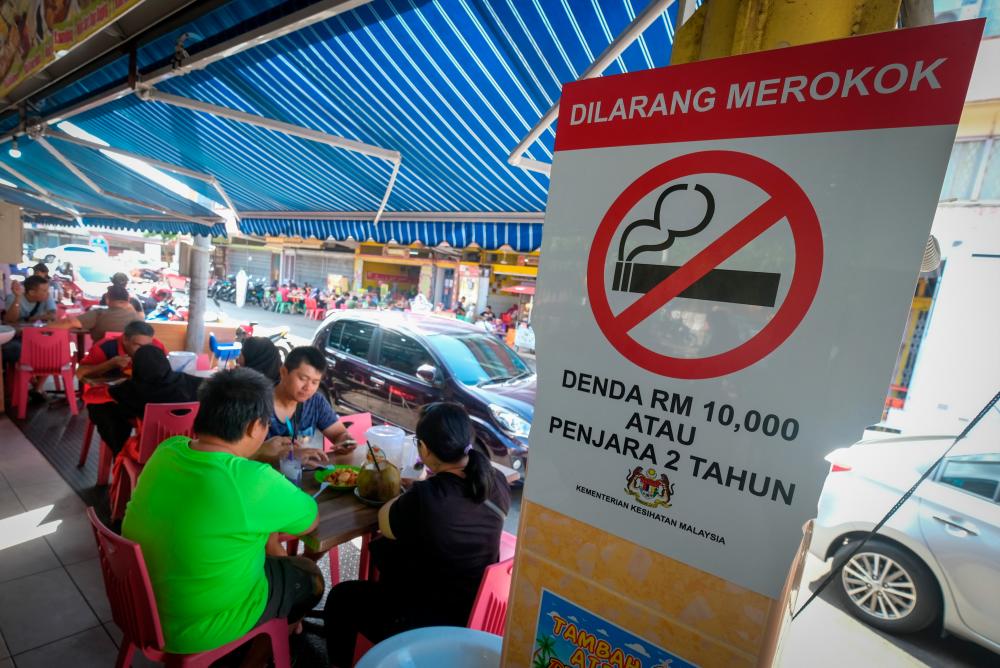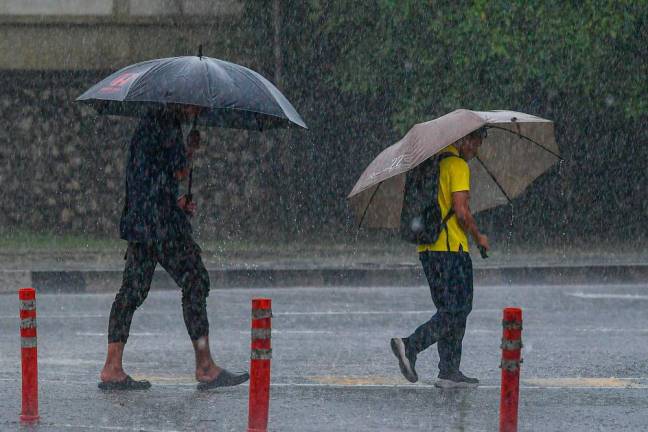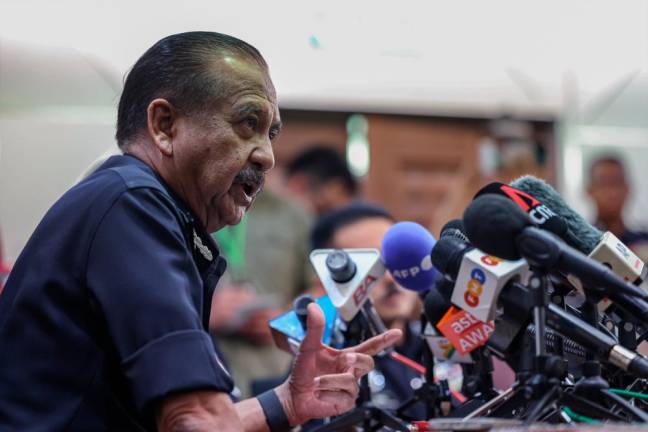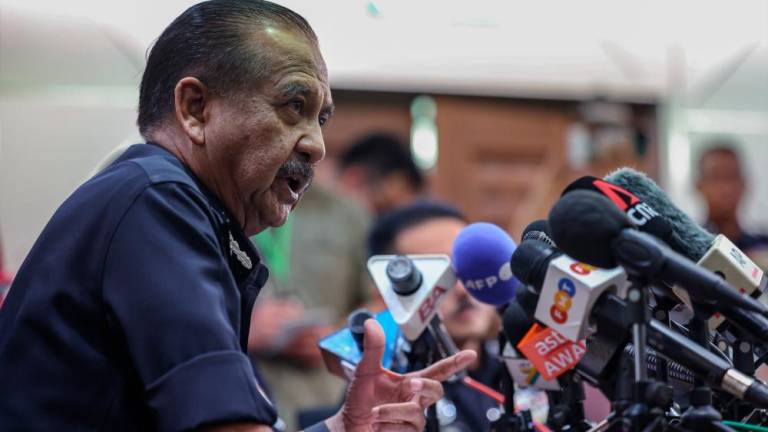PETALING JAYA: As expected, the proposal to phase out smoking has received wide support from healthcare professionals.
However, as one of them pointed out, it is still at the early stage and issues such as enforcement will have to be properly thought out before any legislation is introduced.
Malaysian Medical Association (MMA) president Dr Koh Kar Chai said the move could significantly reduce the many health problems and co-morbidity issues caused by smoking among those in the generations to come.
Last week, Health Minister Khairy Jamaluddin announced that the government planned to table a Tobacco and Smoking Control Act in the next session of the Dewan Rakyat.
Currently, tobacco products are covered under the Food Act 1983.
The proposal came on the heels of a recent move by the New Zealand government to ban the sale of tobacco to anyone born after 2008.
Under the Kiwi legislation, anyone aged 14 and below today will never be able to legally purchase tobacco products in their lifetime.
Singapore is also considering a similar proposal.
In applauding the move, Koh pointed out there is overwhelming evidence to show that smoking is detrimental to health.
“This is a step in the right direction. We at MMA have been advocating a smoke-free Malaysia and we have had many anti-smoking campaigns. It is good to see some progress now,” he told theSun.
Koh said there should be support from both sides of the aisle when the proposed legislation is tabled for debate in the Dewan Rakyat.
The consumption of tobacco is a major health issue in Malaysia, according to the World Health Organisation (WHO).
According to the WHO Framework Convention on Tobacco Control 2020 report, Malaysians start smoking at an early age. One in five Malaysians is a smoker, and a total of 21.3% of smokers start at the age of 15.
The healthcare cost is also staggering. According to WHO estimates, Malaysia is expected to spend RM7.4 billion in underwriting the cost of treating diseases related to smoking, such as lung cancer and heart disease, by 2025.
Koh pointed out that enforcement at the point of sale must be stringent to ensure cigarettes are not sold to minors.
He noted that measures against smuggling should also be in place to ensure that tobacco products and other similarly addictive substances do not slip into Malaysia.
Apart from criminalising the sale of cigarettes to an entire generation, Koh said, education can also serve as a powerful means to discourage the young from picking up the habit.
“With greater awareness of the diseases caused by smoking, the danger of second-hand smoke and the high cost of treating smoking-related diseases, I believe youngsters could be discouraged from lighting up,” he said.
He also urged the government to continue raising taxes on cigarettes with the aim of pricing these items out of the reach of the younger generation.
“The tax collected can then go into underwriting the cost of public healthcare,” he added.
Azrul Mohd Khalib, head of the Galen Centre for Health and Social Policy, said such a move would yield dividends not just for the future generation but also those who are approaching the age of maturity today.
Like Koh, he sees a challenge in the enforcement of such a legislation.
“How can you tell if a person is legally allowed to purchase cigarettes unless he shows his identification card? Perhaps we can have customers show an individualised QR code to prove legitimacy,” Azrul told theSun.
He said there should also be easier access to nicotine replacement therapy (NRT) such as patches and gum, which have been successful in helping smokers kick the habit.
“It is essential that the government provides adequate support to those who want to quit smoking using evidence-based approaches such as NRT. E-cigarettes do not have the same track record in treating nicotine addiction,” he added.














